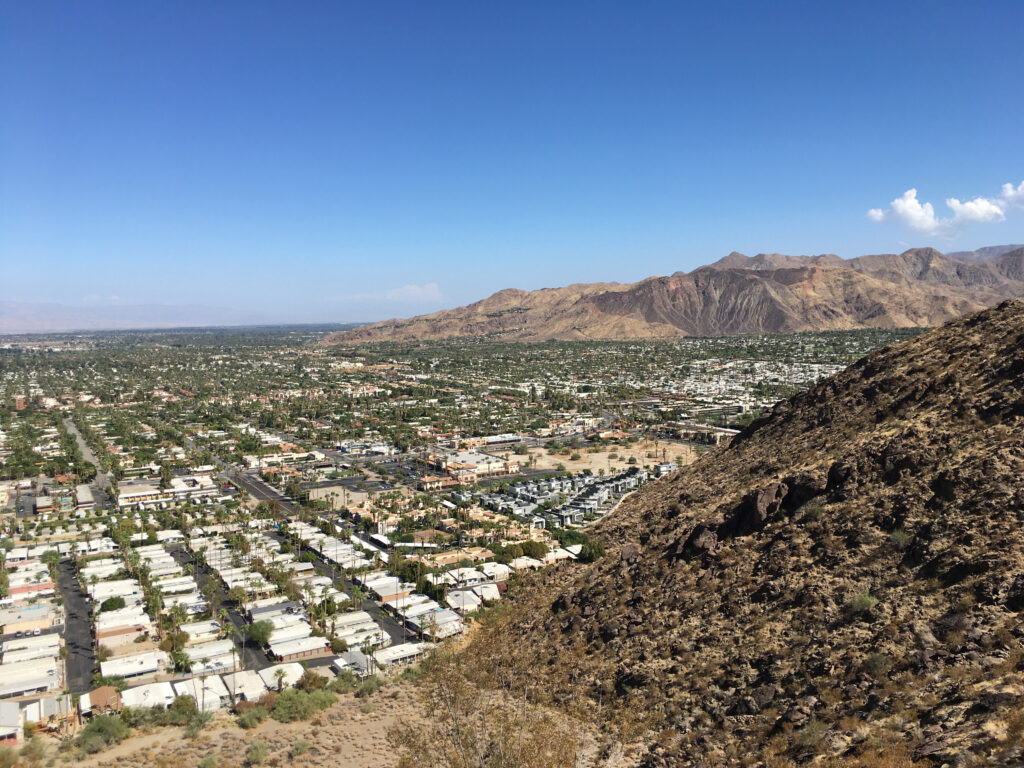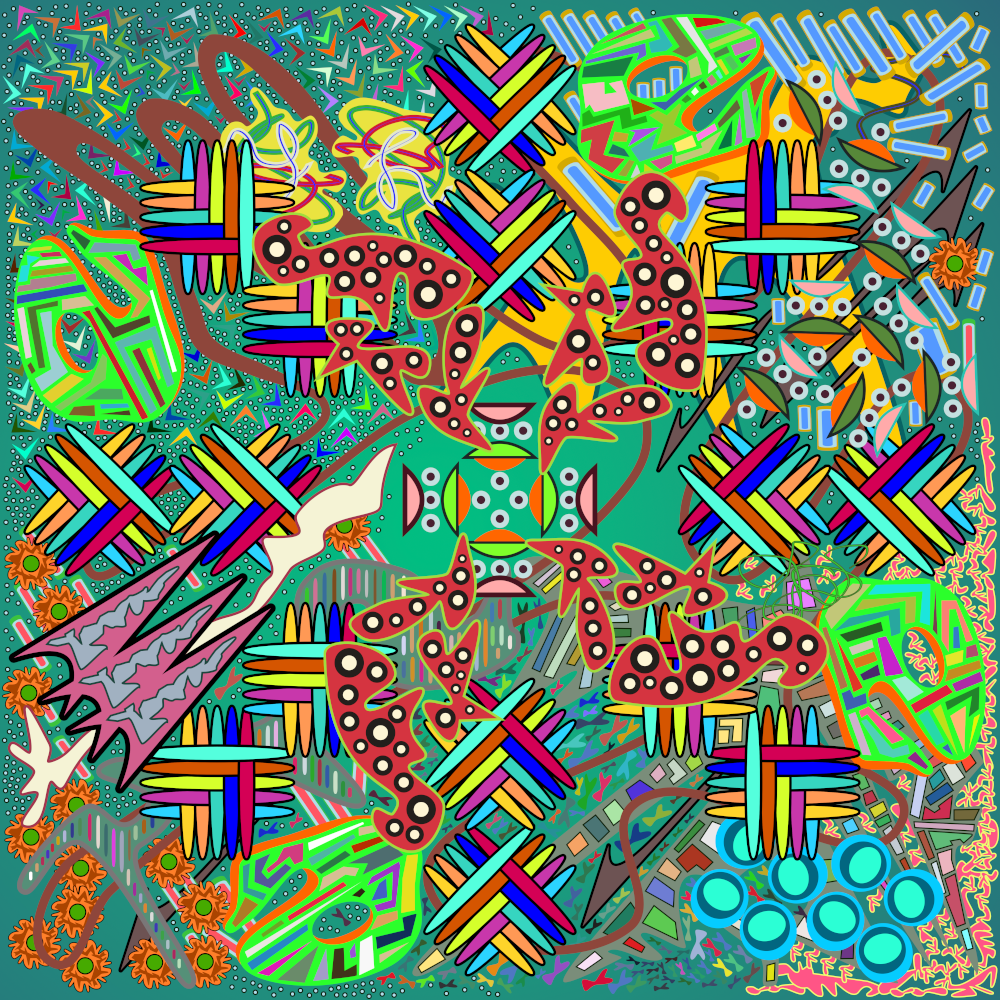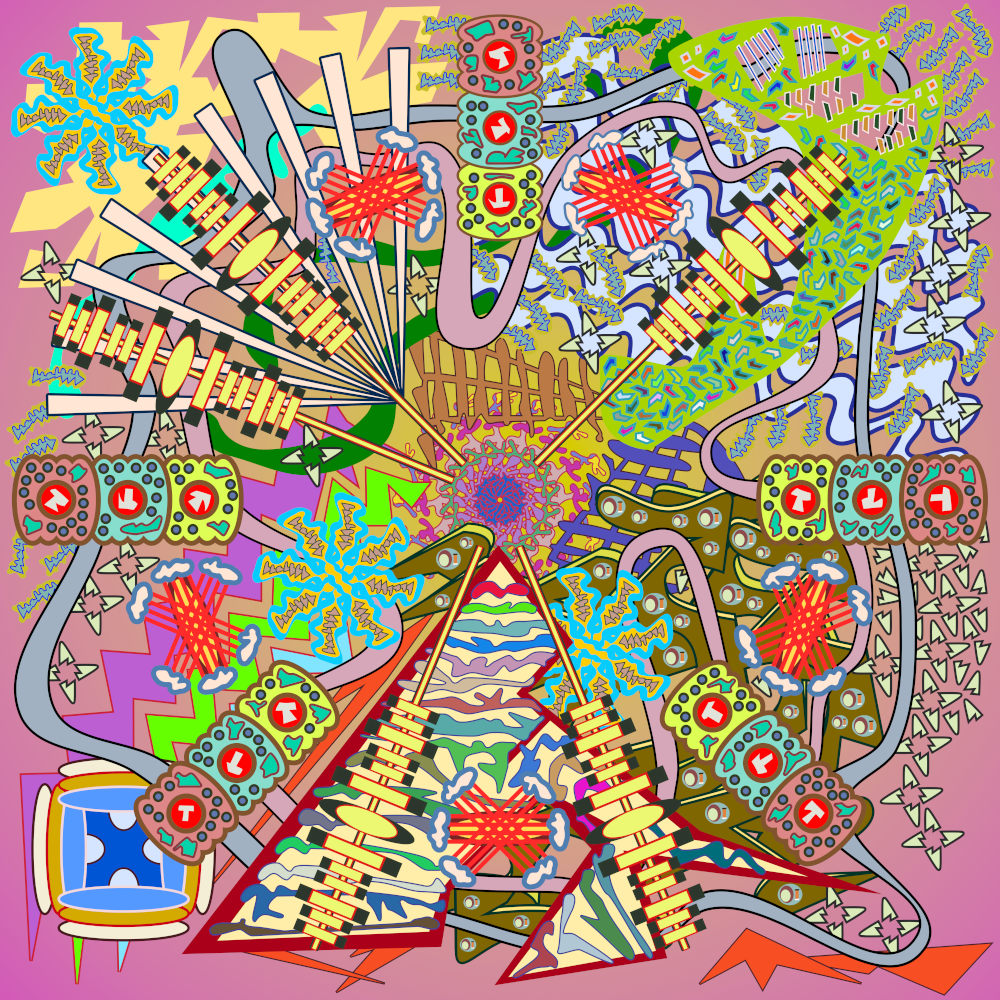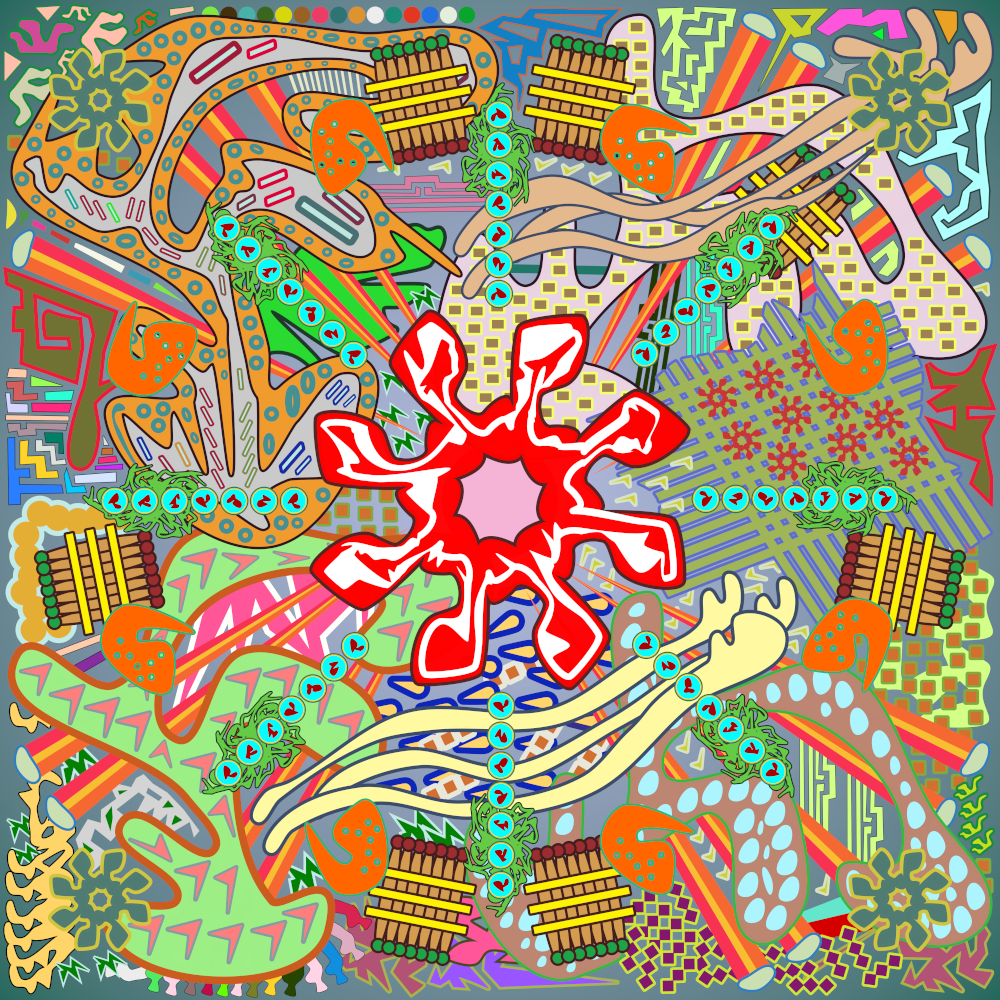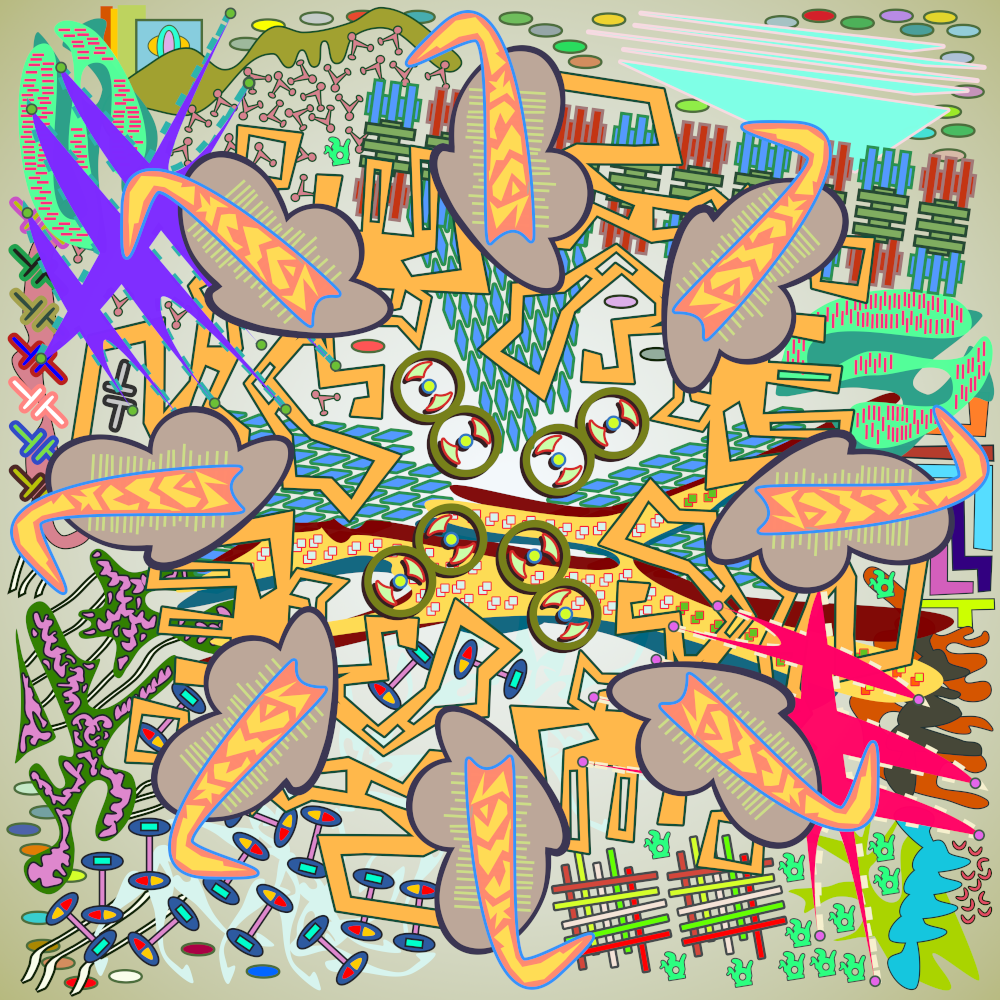Obviously I am not the most prodigious blogger of all time as over a year has passed from my last update. Fear not for I am back. For those who may have attempted contacting me via the contact form and not been able to due to technical errors, I hope I have resolved that problem. I just discovered that the big company (and I mean really BIG) that handles my mail server made a change that had not realized. I think all is OK with my contact form now.
Alright hold on for another “what a nice view” cell phone picture. The Internet is filled with them and here’s another:
I like the outdoors, hiking and so on so I figured a view of the valley would do no harm.
Below are two recent digital images I had printed.
I think the darker backgrounds (above) work better on metal prints.
I am finding more possibilities and hope to expand. Maybe I’ll simplify a bit going forward, not sure.
One of my objectives with this site was just to simply write about what I was doing at the time without needless fanfare and pretension. My theory is that people who may be interested in what I am doing and would like that better.
I usually work on several creative projects at a time, that way they all stay fresh. I had been curious about digital or photograph printing on aluminum after reading up on it. The advantage over printing on paper is that there is no need for framing with glass, and according to research, the color should last for well over 60 years, maybe longer. The problem with the research is that until we invent a time machine and go forward in time and look at a piece of artwork in the future, we really don’t know for certain. But I feel it is probably responsibly archival enough since we will probably be dead by the time the color shows any fading. Unless the secret of life is discovered and we all can live 500 years. But if the secret of life is discovered we probably won’t care about print archival issues.
The first print came out very well on aluminum.
The square shape works more sculptural on the wall. Even though I was calling it a “mandala”, it is obviously not a perfect pattern leading to the center. I sort of twisted the concept a bit I guess.
The next ended up a bit more psychedelic.
Haven’t gotten it back yet, hope I didn’t break anything.
The next of these three seems to have come out with a different personality.
A bit more subdued then the previous, with a bit of mid-century modern.


